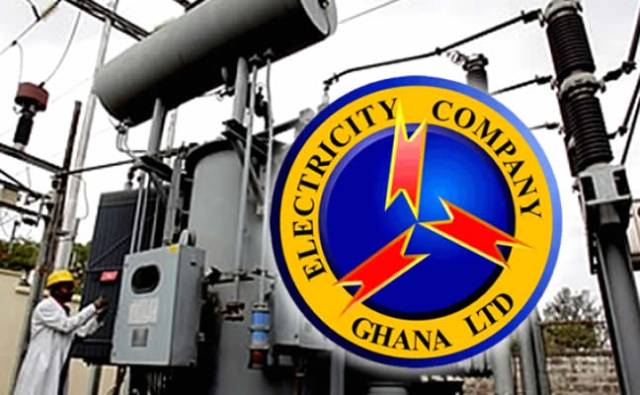The contentious 15 percent value-added tax (VAT) on residential power users has been halted by the government to facilitate further negotiations with organized labor.
To gather money for the COVID-19 recovery program, Finance Minister Ken Ofori-Atta instructed the Northern Electricity Distribution Company (NEDCO) and the Electricity Company of Ghana (ECG) to impose the Value Added Tax (VAT) in a letter dated January 1.
However, the administration said that it is delaying the decision to enable additional stakeholder engagement in the face of strong resistance from the Trades Union Congress (TUC) and the general public.
The Ministry of Finance wishes to notify the Northern Electricity Distribution Company and the Electricity Company of Ghana that the VAT directive will not be implemented until after additional discussions with important parties, such as organized labor, have taken place.
According to a statement announcing the suspension, "the ministry expects that these engagements will birth innovative, robust, and inclusive approaches to bridging the existing fiscal gap while bolstering economic resilience."
The government was given an ultimatum by the TUC last month to stop imposing the VAT on power consumption above the poverty threshold.
The decision has drawn strong opposition from TUC Secretary General Dr. Yaw Baah, who pointed out that it will negatively affect the lives of ordinary Ghanaians, especially retirees and low-income earners.
"In this country, the poor—including pensioners—are always the ones who suffer the most. And we ought to stop enabling that to go on. By organizing labor, we have united and sent a clear message to the government: we are unable to pay VAT on power.
"Neither now nor tomorrow will we pay it. Labor unions are requesting that the letter be rescinded right away and that the finance minister order Ghana Grid Company (GRIDCo) and ECG to cease imposing a value-added tax on energy. The government has until January 31, 2024, to retract the letter, according to Dr. Baah.
The Ghana Union of Traders Association (GUTA), aside from organized labor, was adamantly against the implementation of an emissions levy and a value-added tax (VAT) on power.
GUTA issued a press release alerting the public that the two levies run the risk of making the already dire economic situation of both enterprises and Ghanaians worse and raising the already high cost of doing business in the nation.
Businesses, especially those that largely rely on power for their operations, will be immediately impacted by the proposed VAT on electricity rates. According to the press statement signed by Dr. Joseph Obeng, president of the Association, these companies will be under more financial strain, which may result in lower production capacity, layoffs, or even business closures. This will ultimately impede economic growth and reduce opportunities for job creation.




No comments yet
Be the first to share your thoughts!